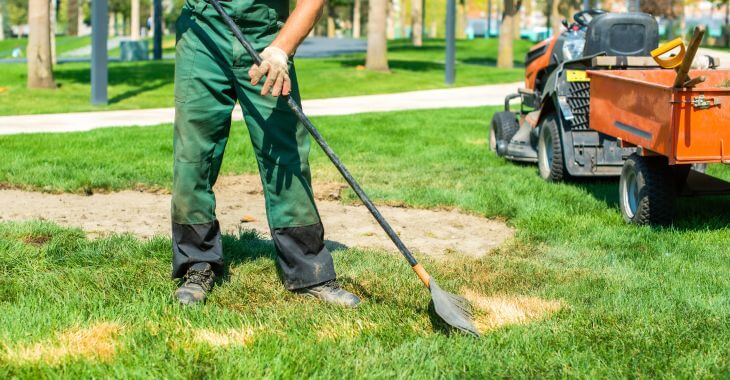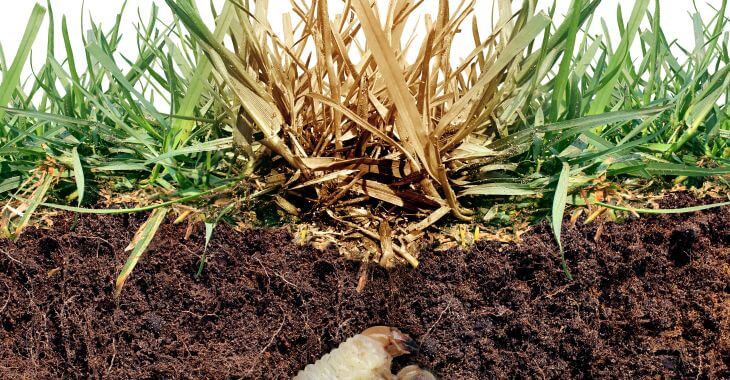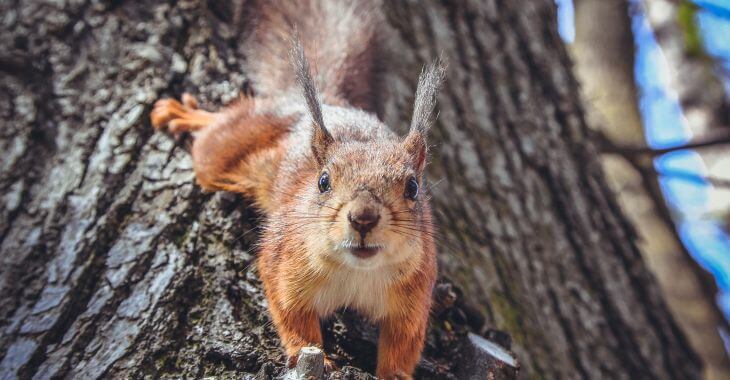Do You Have Chipmunk Holes in Your Yard?
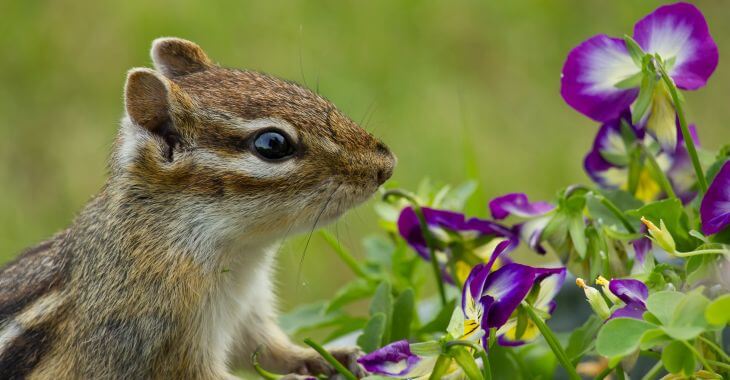
Chipmunks are cute critters when they are in cartoons, but they can be a nuisance when they choose your yard as their home. While some people may not mind sharing their property with chipmunks, others do not appreciate the damage they can cause, including chipmunk holes in their yard.
What Is a Chipmunk Hole?
Unlike most squirrels, chipmunks live underground instead of nesting in trees. Chipmunks build burrows underground, which include a network of tunnels with multiple entrances. A chipmunk hole is one of these entrances to the burrows below, which you may find in your yard.
Chipmunk holes are usually one to three inches wide. You will see a clean hole that goes down into the ground without dirt or debris around it. Unlike moles and gophers that dig holes and kick out the dirt, chipmunks remove the dirt in their cheeks and place it nearby, but not at the hole entrance.
If you are not sure if you have chipmunks living in your yard, look for these holes near trees, gardens and mulch areas. A sure sign of chipmunks living on your property is seeing these holes and occasionally viewing a chipmunk running around your yard or climbing on trees.
What Damage Can Chipmunks Do?
Chipmunks can live in harmony with some humans, but if you have a garden or expensive landscaping, you may not want them around. Chipmunks can feed on vegetables, berries and other produce you have in your yard or garden. Other problems that can occur with chipmunks on your property include:
- Invading your home, especially attics, chimneys, ducts and crawl spaces
- Damaging the roots of trees, shrubs or other plants
- Creating uneven areas in your yard due to extensive tunnels
- Chewing on cables and other underground wires
- Tunnels under concrete can lead to ground instability
- Eating bulbs of flowers and other plants
The effects of chipmunks living in your yard may not happen overnight but over time, you may have property damage. The biggest concern for most home owners is the tunnels in their yards and the damage they can do to their property.
How to Get Rid of Chipmunks
If you have chipmunks and want them gone, it is usually best to try to be humane. While there are pest control companies that can poison or trap these rodents for you, there are humane ways to encourage these small pests to choose another place to live. Some options to get rid of chipmunks include:
- Plant daffodils and garlic around your yard – they do not care for these plants
- Fence your yard with fencing that goes down a foot or more underground
- Remove any food sources such as feeders with seeds
- Gravel borders discourage chipmunks from gardens and yards
- Non-toxic repellants can be used, including electronic, dry and wet options
- Fill in chipmunk holes
Making your property less attractive can help encourage those striped rodents to move to another location. However, to discourage other chipmunks from moving into your yard, you will need to know how to fill in chipmunk holes on your property.
How to Fill in Chipmunk Holes
If you have chipmunks on your property, you likely have chipmunk holes. Simply putting dirt into these holes will not stop most of these critters from using those burrows – they will simply clear out the dirt as they did when the holes were created. You need a more substantial filler to stop chipmunk burrowing.
One natural option is using gravel. Chipmunks burrow by removing the dirt in their cheeks but they have difficulty with rocks. Pouring gravel into all the chipmunk holes you can find is an effective way to plug these entrances for good.
Another option is cat litter, which can be a quick and easy option if you have a cat. You will want to use an unscented, clay litter – the plain, cheap variety is best without the clumping action or odor control.
For many people, sand can be the best solution for filling pesky chipmunk holes. It is inexpensive and it looks more natural than holes filled with rocks or kitty litter. One bag from your local landscape supply store will go a long way when filling chipmunk holes.
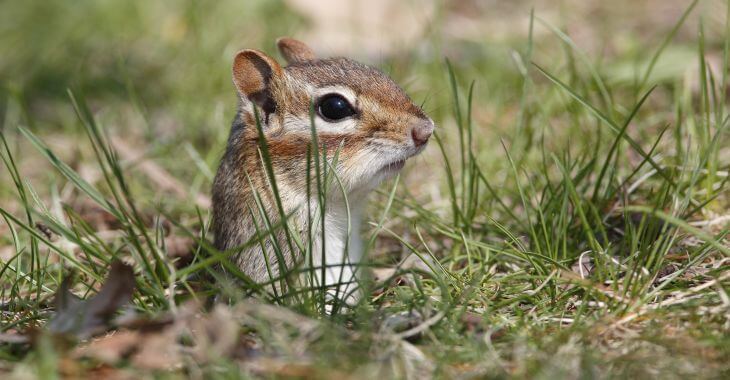
Regardless of what you use to fill the chipmunk holes, you will want to replace the grass or turf in your yard. Once the holes are filled, you can cover the holes with soil and replant your grass to hide any evidence of chipmunk burrows.
Even though chipmunks are cute, they can be pests when they start eating your garden and ruining your property with chipmunk holes. To learn more about natural ways to keep chipmunks out of your yard, talk to your local landscaper about anti-chipmunk changes you can make to your landscaping.
